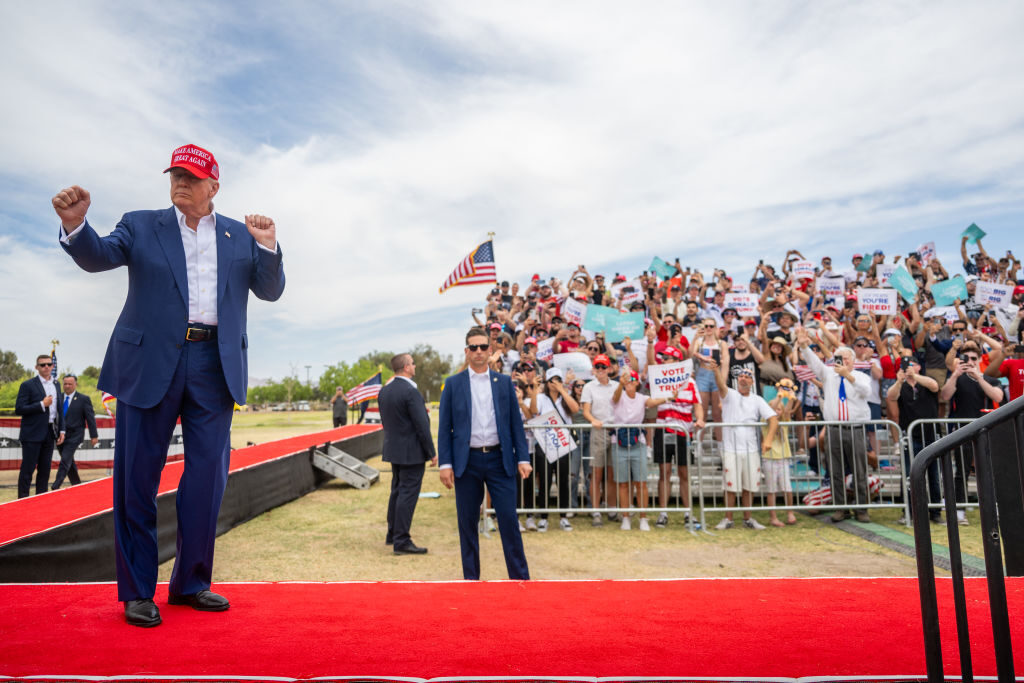
Photo Credit: Getty Images
The election of Donald Trump as the next US president is poised to bring about significant shifts in American foreign policy, potentially upending the status quo on multiple fronts a
mid global crises. Trump's "America First" approach, marked by non-interventionism and trade protectionism, is set to redefine Washington's stance on issues ranging from the Russia-Ukraine war to the US-China rivalry.
On the Russia-Ukraine conflict, Trump has suggested he could end the war "in a day" but has provided few specifics. A research paper by two of his former national security advisors proposed continuing weapons supply to Ukraine while making it conditional on Kyiv entering peace talks with Russia. In return, the West would delay Ukraine's NATO membership, a move that Trump's Democratic opponents say amounts to "surrender" for Ukraine and endangers Europe.
Trump's skepticism towards NATO also looms large, with the former president long accusing European allies of "free-riding" on American protection. While the extent of his actions remains uncertain, Nato leaders are bracing for the potential disruption of the century-old transatlantic alliance.
In the Middle East, Trump has promised to bring "peace" to the region, hinting at ending the conflicts in Gaza and Lebanon. However, his past policies, such as recognizing Jerusalem as Israel's capital and brokering the Abraham Accords without requiring a two-state solution, have further isolated the Palestinians and complicated regional dynamics.
Regarding China, Trump's confrontational approach is likely to persist, with the possibility of even higher tariffs on Chinese imports. The US-China trade war has become closely linked to domestic political perceptions in the US, and Trump may shift away from the Biden administration's efforts to build regional security partnerships to contain China.
Notably, the current state of China's economy differs significantly from 2018, when Trump first imposed tariffs. The property market crisis, rising debt levels, and weak domestic demand have left the world's second-largest economy in a more vulnerable position, potentially amplifying the impact of any new tariffs.
As the global landscape continues to evolve, the consequences of Trump's return to the White House remain to be seen. His "unpredictability" may be viewed as a diplomatic asset by some, but in the context of highly volatile regions and complex geopolitical challenges, the implications of his foreign policy shifts could have far-reaching implications for international stability and the balance of power.
















